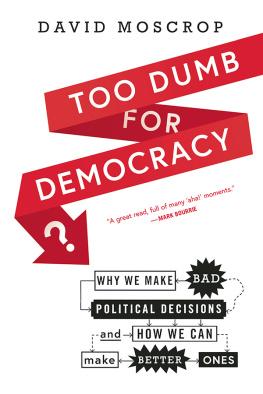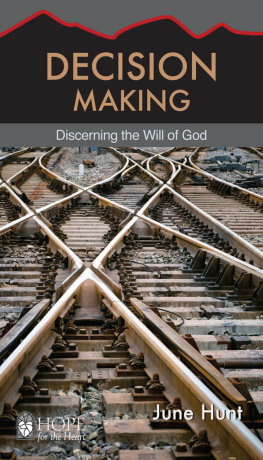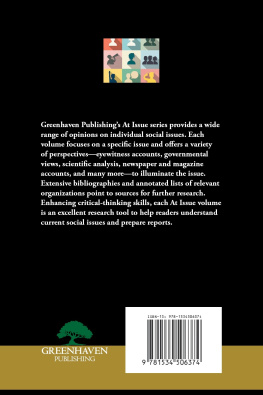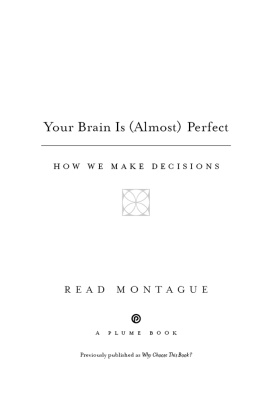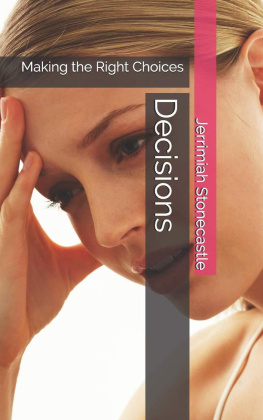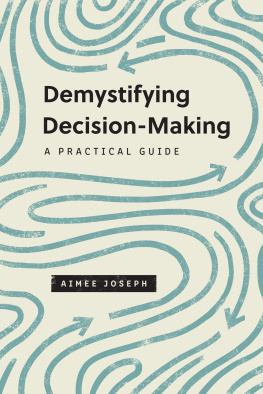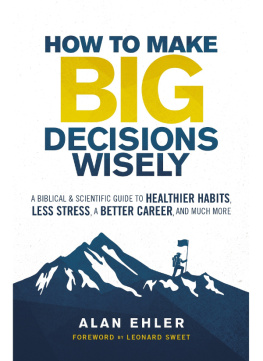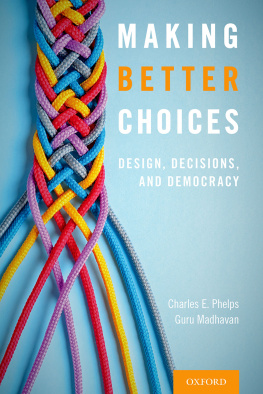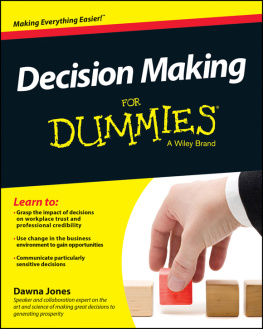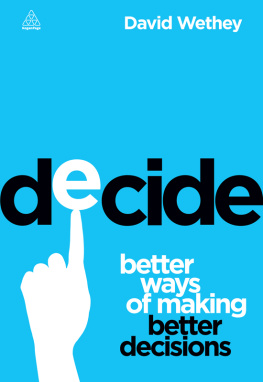Table of Contents
Copyright 2019 by David Moscrop.
All rights reserved. No part of this work may be reproduced or used in any form or by any means, electronic or
mechanical, including photocopying, recording, or any retrieval system, without the prior written permission
of the publisher or a licence from the Canadian Copyright Licensing Agency (Access Copyright).
To contact Access Copyright, visit www.accesscopyright.ca or call 1-800-893-5777.
Edited by Susan Renouf.
Cover design by Tree Abraham, Tree x Three Design.
Art direction and page design by Julie Scriver.
Once in a Lifetime: Words and music by Brian Eno, David Byrne, Christopher Frantz, Jerry Harrison,
and Tina Weymouth, copyright 1980 by EG Music Ltd.,
WB Music Corp., and Index Music, Inc.
All rights for EG Music Ltd., in the United States and Canada administered by Universal
Music MGB Songs. All rights for WB Music Corp., and Index Music, Inc., administered by WB Music
Corp. International copyright secured. All rights reserved. Reprinted by permission of Hal Leonard LLC.
Used by permission of Alfred Music.
Printed in Canada.
10 9 8 7 6 5 4 3 2 1
Library and Archives Canada Cataloguing in Publication
Moscrop, David, 1984-, author
Too dumb for democracy? : why we make bad political
decisions and how we can make better ones / David Moscrop.
Includes bibliographical references and index.
Issued in print and electronic formats.
ISBN 978-1-77310-041-8 (softcover).--ISBN 978-1-77310-042-5
(EPUB).--ISBN 978-1-77310-043-2 (Kindle)
1. Political psychology. 2. Political science.
3. Politics, Practical--Decision making. 4. Democracy. I. Title.
JA74.5.M67 2019320.019C2018-904592-2
C2018-904593-0
Goose Lane Editions acknowledges the generous financial support of the Government of Canada,
the Canada Council for the Arts, and the Province of New Brunswick.
Goose Lane Editions
500 Beaverbrook Court, Suite 330
Fredericton, New Brunswick
CANADA E3B 5X4
www.gooselane.com
For my dad, who isnt around to read this
but would have loved to brag about it to his friends;
and for my mom, who is around and who will do just that.
And to everyone who wants a shot at better democracy
especially those for whom democracy has failed.
May this book be an arrow in their quiver.
Democracy is the theory that the common people know what they want, and deserve to get it good and hard.
H.L. Mencken
Many forms of Government have been tried, and will be tried in this world of sin and woe. No one pretends that democracy is perfect or all-wise. Indeed, it has been said that democracy is the worst form of government except all those other forms that have been tried from time to time.
Winston Churchill
If liberty and equality, as is thought by some, are chiefly to be found in democracy, they will be best attained when all persons alike share in the government to the utmost.
Aristotle
We have forgotten that democracy must live as it thinks and think as it lives.
Agnes Meyer
Its not the voting thats democracy, its the counting.
Tom Stoppard
Democracy begins with freedom from hunger, freedom from unemployment, freedom from fear, and freedom from hatred. To me, those are the real freedoms on the basis of which good human societies are based.
Vandana Shiva
Contents
Preface
In the spring of 2008, I was sitting in a small room in a big house in Ottawa glancing back and forth between a studio piano that I had impulse-purchased a year before and never played and a shelf of books that had nothing to do with the project I was working on. I was completing my masters degree in political science at the University of Ottawa, writing my thesis on deliberative democracy self-government based on dialogue and reason-giving. I needed a break, so I stood up and grabbed a book that looked interesting and that I could read for fun. Id purchased it a few years earlier because it caught my eye and it was on sale.
Such is the role of remaindered books in history.
It was called Looking for Spinoza: Joy, Sorrow, and the Feeling Brain by neuroscientist Antonio Damasio. The title made me hopeful that somewhere in its 355 pages I might find some wisdom that would help me decide what to do with my life once I finished my degree: remain in Ottawa and go to work for a political party, start my PhD right away in Vancouver, or pack everything into storage and take off to South Korea to teach English. I was interested in all three options, but the latter two meant leaving a city I enjoyed and a woman I loved. Thinking about my future, I poured some coffee, opened the book, and sat down to explore the exciting and unfamiliar world of the human brain and mind and to search for an answer to my young existential woes.
In the margins of that book, on page 8, Ive drawn a vertical line and annotated it with a simple Yes! I rarely write in my books, so each time I do, I leave a reminder to myself that some passage must have struck me. In this case, I made it a measly eight pages before I discovered the lines, marked them, put the book down, and frantically called my supervisor, Paul Saurette. I cant recall for sure, but I doubt hed said more than Hey, Dave before I interjected with, I have to change everything!
Damasio writes about why it is critical that insights from the natural and social sciences should underpin our understanding of decision-making. Reading him, I saw a career and a calling in front of me; it was a moment of revelation. Here are the lines that made such a difference:
The success or failure of humanity depends in large measure on how the public and the institutions charged with the governance of public life incorporate that revised view of human beings in principles and policies. An understanding of the neurobiology of emotion and feelings is a key to the formulation of principles and policies capable of reducing human distress and enhancing human flourishing.
Looking back, Damasios point seems obvious, even self-evident. But it didnt seem that way to me that day. Instead, his argument was simultaneously a call to action and permission to think about scholarship and democratic life in broader, though still rigorous, ways.
A few minutes into my call with Paul, he had talked me down from a page-one rewrite of my thesis. He said something along the lines of, Why not incorporate some neuroscience into your work and then return to it in your doctoral work? I listened to his advice, thankfully, and wrote a thesis modelling how different approaches to democracy fit with insights from cognitive science. It was my first effort at trying to bridge understandings of human behaviour from the natural sciences with the political science of how we arrange societies and practise politics.
That effort lit a spark. When I boarded a plane to South Korea several months later to teach English in the charming-yet-bustling city of Suwon, I did so with a plan to return to work on neuroscience and politics at the University of British Columbia.
Two years later, I started my PhD in the Department of Political Science at UBC. Over time, my obsession with neuroscience gave way to an interest in social and political psychology. My subsequent research into the psychology of deliberative democratic decision-making is the foundation of this book. The pages that follow are the product of my studies during the last decade, a stitching together of my attempts to understand how and why we live our political lives the way we do, and how we might live them in a more just, peaceful, inclusive, prosperous, rewarding, and stable way.

